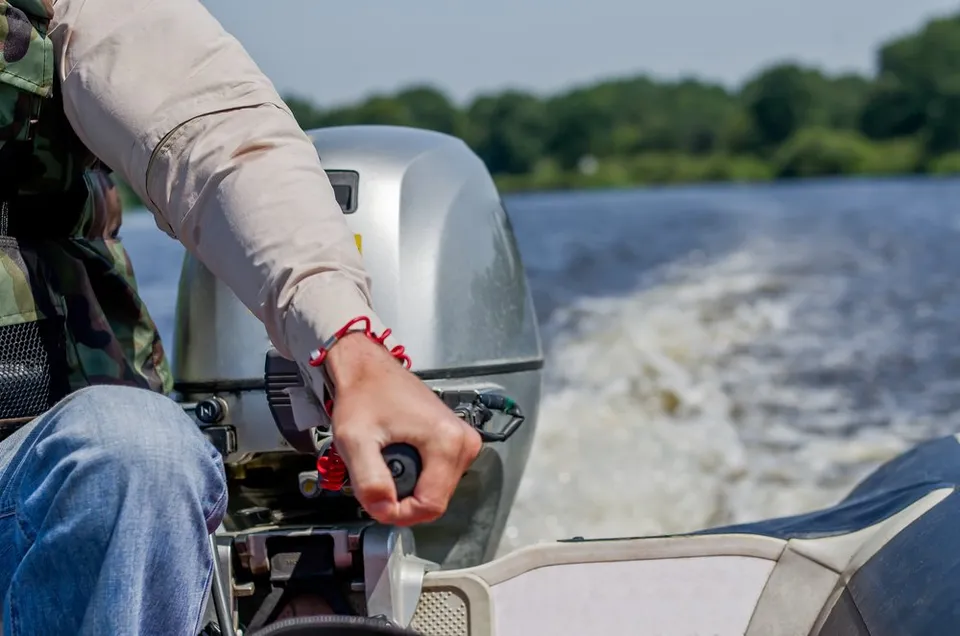10 Ways to be a Safer Boater
- March 20, 2017 @ 6:40 pm
- Written by adminrtl
- Categories: Boating Accidents | News

With clear skies and warmer air approaching us, many people will begin venturing into open waters. Whether you’re an avid boater, or boating new to you, it’s important to keep in mind the following safety tips to reduce your risk of injury or being in an accident. Boating can be a very fun and memorable time, but always follow the following tips to be a safer boater.
CHECK THE WEATHER.
It’s dangerous to be out on any body of water during a storm or extremely windy conditions. Check your local weather before you head out and don’t take any risks. According to DiscoveryBoating.com, if you notice darkening clouds, volatile and rough changing winds or sudden drops in temperature, play it safe by getting off the water. Make sure to also take a portable radio just in case the weather changes while you are out.
MAKE A PRE-DEPARTURE LIST.
Making sure that you are prepared for any possible scenario on the water is vital when taking sail. Making sure to follow a pre-departure checklist is the best way to make sure no boating safety rules or precautions have been overlooked or forgotten. A pre-departure list should include: life jackets, sound producing devices, lights and shapes, distress signals, tools and spares, fuel and oil, fire extinguishers, ventilation, bilges, battery care, docking and anchoring tips, rules and documentation, and emergency locator beacons. For more details about this list click here.
USE COMMON SENSE.
There aren’t as many rules for the water as there are for the road, so using your common sense is a must. This means operating at a safe speed (especially in crowded areas), staying alert and steering clear of large vessels and watercraft that can be restricted in their ability to stop or turn. Also, be respectful of buoys and other navigational aids, all of which have been placed there to ensure your own safety.
TAKE A BOATING COURSE.
No matter if you are a beginner or expert, everyone should familiarize themselves with all boating safety rules of operation. It is always important learn and be prepared for every circumstance that could arise. Boater education requirements vary by state; however, some require validated completion of at least one boating safety course. Look locally for a course or online to help educate yourself.
USE LIFE JACKETS APPROPRIATELY.
According to DiscoverBoating.com, the majority of drowning victims are a result of boaters not wearing their life jackets. Make sure every person on board has a life jacket that fits.
TAKE SPECIAL COLD WATER PRECAUTIONS IN SPRING.
Be mindful of cold water especially during the spring due to low temperatures to reduce your margin for error. If you fall into the water or your boat capsizes, within minutes you will lose your ability for mobility risking the chance of you getting back into the boat and calling for help.
LOADING/UNLOADING YOUR BOAT.
To decrease the risk of capsizing, make sure to keep in mind not to overload your boat with not only passengers, but gear as well. A helpful tip to help with this is to always abide by the boats capacity plate that is typically located near the boats operator’s area.
If you or someone you love has been injured in a boating accident, don’t wait. Contact the John Bales Attorneys today for help.
